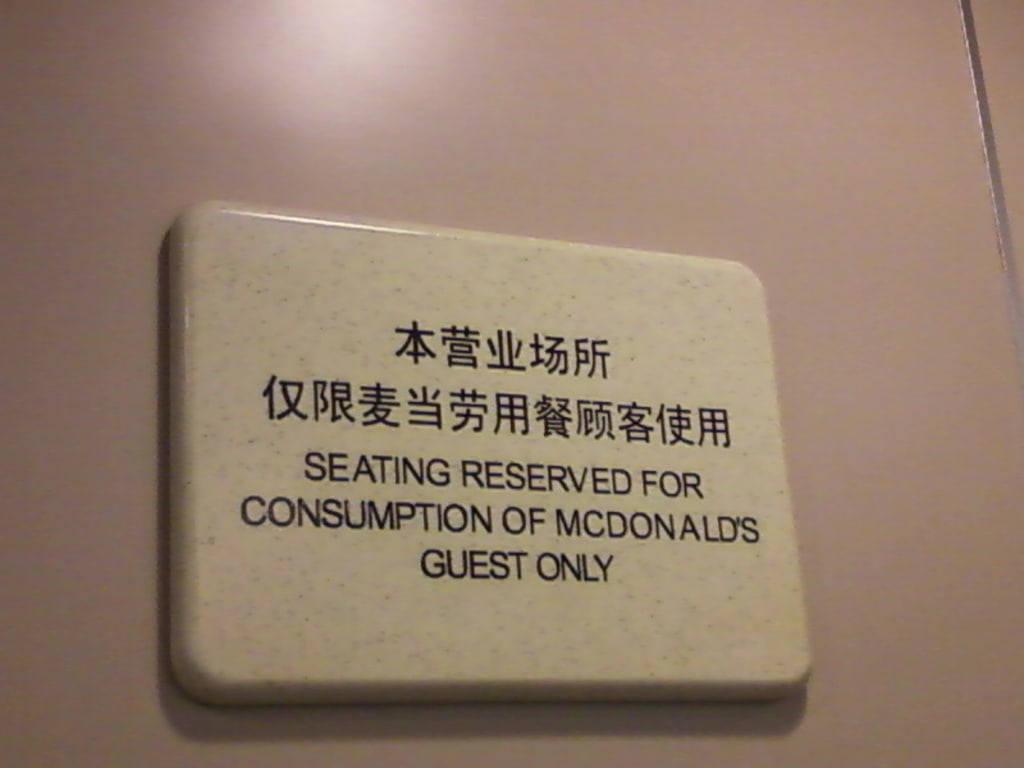Planet First
The writer's thoughts on economics

I sometimes question the rules of economics. I sometimes wonder if maybe we got it wrong somehow, somewhere back along the way. People need things. They want things. Other people have those things and they are willing to part with them to help satisfy the needs and wants of others. Those that have the needed or wanted items will charge a fee for the provision of said items to help compensate themselves for the time and effort needed to supply (grow, produce, extract, manufacture, etc.) those things. The greater the need or the want, coupled with the strength or weakness of the supply chain, will help to determine the (monetary??) value of the item(s). That, in a nutshell, is the basis of world economy and local micro-economy alike, and has been for as long as there have been thinking women and men, in need of stuff, running around on the planet. Everyone who speaks of economics will refer back to the fundamental nature of “SUPPLY AND DEMAND”. This concept is the cornerstone of how we determine what the market will bear and how we ultimately conceive the price structures of almost everything we see on the planet. I have heard the spiel so many times in my life that I have almost come to believe it to be true. It makes sense and it seems to explain why I pay the prices I do for the things I need and want on a daily basis in my life.
For example, I pay $15 to go and see a movie – which may seem expensive. But, because lots of people want to go and see a movie and because they are all willing to pay $15 which will ultimately more than pay for the technology and effort required to make the movie, that is the going rate. Charging $16 to see the movie might, at first glance, appear a more profitable move for the cinema companies, but the increase in ticket-price may also decrease the viewership to a point where less revenue is gained overall. Supply and Demand always has to be considered along with points of diminishing returns before the agreed-upon rate for the things we want and need in our lives is actually reached.
Imagine the sign outside of McDonald’s that used to read, “157 people served” and how it eventually changed over time, to read, “Billions and Billions Served”. The number of people served at McDonald’s outlets around the world was able to increase like that, in my lifetime, because the cost of a Big Mac never rose to a price where the optimum number of Big Mac eaters would refuse to buy it. Supply and demand was never an issue with the Big Mac, but point of diminishing returns always had to be scrutinized.
Anyway, my point is that, these basic laws and rules of economics, seem to make sense in their explanation of how the world works. But they make sense only if we fail to consider the planet that is the ultimate supplier of all the things we need and want in our lives. For example, let’s disregard the notion of Supply & Demand for a moment, and use another method of determining the price of a Big Mac or a liter of gasoline withdrawn so flippantly from the pump at the local Petrol station. Consider the “2 all-beef patties, special sauce, lettuce, cheese, pickles, onions and the sesame seed bun”. Every item in the list of ingredients can easily be produced by the planet Earth and will the facilitative efforts of farmers or growers within the time span of a single growing season. All of these items can then be distributed with relative ease to processors and eventually on to McDonald’s outlets again well within the space of a year. The price for a Big Mac presently runs at approximately $7. Alright, let’s move now to a single litre of gasoline, which rings in at the often-complained-about price of $1.80. For starters, the extraction process or removing the crude oil from the ground is significantly higher than any step in the raising, feeding and production process of any of the items in a Big Mac. That alone should cause the price of gasoline to leave the price of a Hamburger in the dust. Crude oil then has to be handled and processed in costly operations, then distributed through highly technological means before you can even think about putting it into your car. All of this would make one think that a liter of gas should already be significantly higher in price than a Big Mac, of a similar mass. However, supply & demand and point of diminishing returns both have a large affect on the price of both these items so we sort of shrug our shoulders, fill up the tank, go in and out of the drive-through and say, “That’s the way it is!”
If on the other hand, we disregard the traditional rules and laws of economics and start our pricing exercise and cost evaluation with the fact that the litre of gasoline has been in the making for nearly 600 million years, as opposed to one growing season for the Big Mac, maybe the price of a liter at the pumps should be in the vicinity of over $100 million. Or if we refuse to go along with that sort of an increase for gas, then conversely we need to adjust the price of a Big Mac to $0.0000000007. Supply and demand would no longer apply in an economic system where we consider the planet as the main criteria for calculation of consumer prices.
And that my friends, is the crux of my argument. We have gotten ourselves into a fine pickle by developing an economy that does not consider the value of the earth on which we live. Our estimation of what is valuable and what is not valuable is based solely on what we want or need as humans. None of our pricing structures even remotely consider the needs of the rest of the inhabitants of the planet, nor of the planet itself. The trees that we cut down to build our homes are decades, if not hundreds of years, old. The iron and coal we mine, had their start at the time the universe was “big banging”. The chemicals and minerals in the make-up of concrete and the gravel mixed in, came from the very early years of earth’s existence. The soil we use to grow our food has been curing and developing for hundreds of centuries. If we treated all of these natural resources and products with the care and respect they deserve, their value becomes immeasurable. If our economy was based on that idea, instead of the idea of Supply & Demand, which only serves to foster greed and monetary wealth, the world we live in today would be a much different place indeed – one I am sure we would not recognize. For example, the high cost of fuel would be prohibitive to the individual ownership of vehicles for travel. All transportation would have to be public so that the cost of fuel could be shared amongst large populations of citizens. The cost of building huge and obscene individual residences would be so impossible to bear, that individual homes would have to house entire extended families for generations and generations, and therefore would have to be better-built and to much higher standards. Corporations and companies wishing to house their offices in large buildings made of concrete, steel and glass would have to sink large percentages of their annual profits into the construction of such structures. As a result of this “True Economy”, the human footprint on the planet would be considerably smaller. Many of the things we consider luxuries in our lives would either become non-existent or become so commonplace that everyone could afford them. For example, the plastic bag used to carry home the woolen sweater you purchase on your shopping trip, would be thousands of times more expensive than the sweater itself, simply because of the bag’s draw on planet wealth – which ultimately help us all to reconsider our use of bags and things plastic, and which would consequently alter the problematic nature of those things as an end-result.
If our economy changed to reflect the value of the planet instead of the value we place on our wants, needs, greed and monetary wealth, we would also have to re-evaluate our wage structure for various occupations. Monetary remuneration for these various occupations would have to be based upon their value to the planet and it’s inhabitants as a whole. As the planet provides the REAL foundation for the TRUE ECONOMY, all occupations having to do with the initial farming, fishing, forestry or mining from the planet would have to take top priority for financial compensation. Education and training to prepare people to operate these fields would be essential. Sectors involved with housing would become important. Man cannot live by work alone, therefore, music, drama, the arts, sports and entertainment would be essential in creating necessary leisure time and psychological development. With all of this in mind, I will leave the reader with a list of a few of the most important occupations of mankind – the occupations for which the greatest monetary compensation should occur in a world in which the economy is based upon the planet itself:
1. Educators at all levels
2. Farmers, Foresters, Fishermen, Miners
3. Home Construction
4. Food Processors and Distributors
5. Health and Medical Workers
6. Travel & Transportation workers
7. Creative Artists, Musicians, Actors
8. Sports and Athletics
9. Politicians
10. Media workers
11. Financial sector workers
12. Technology
13. Recreation and Leisure sector
14. Entertainment sector
About the Creator
John Oliver Smith
Baby, son, brother, child, student, collector, farmer, photographer, player, uncle, coach, husband, student, writer, teacher, father, science guy, fan, coach, grandfather, comedian, traveler, chef, story-teller, driver, regular guy!!






Comments (1)
As the world turns . . . my money flies off into space!!